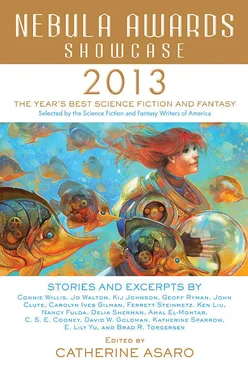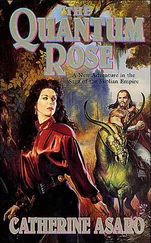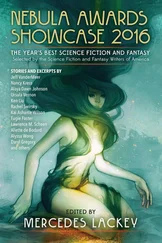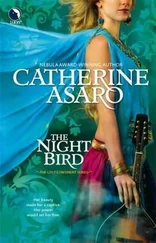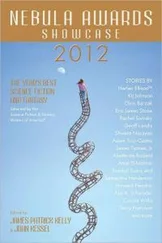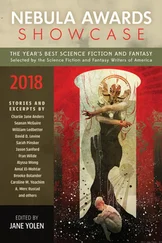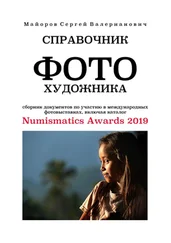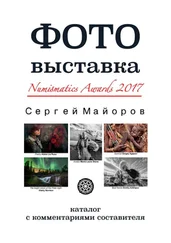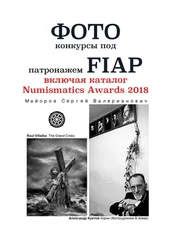He set down his drink, bent down and got the book, hardly looking at the shelves, and added it to my pile. “How about Zenna Henderson?”
“ Pilgrimage ,” I breathed. It is a book that speaks to me. I love it. Nobody else I’ve met has ever read it. I didn’t read it from the library. My mother had it, an American edition with a hole punched in the cover. I don’t even think there is a British edition. Henderson wasn’t in the library catalogue. For the first time, I realised that if he is my father, which in some sense he is, then long ago he knew her. He married her. He had the sequel to Pilgrimage and two collections. I took them, very uncertain of him. I could hardly hold my book pile one handed. I put them all in my bag, which was on my shoulder, where it always is.
“I think I’ll go to bed and read now,” I said.
He smiled. He has a nice smile, nothing like our smiles. I’ve been told all my life that we looked like him, but I can’t see it. If he’s Lazarus Long to our Laz and Lor, I’d expect to have some sense of recognition. We never looked anything like anyone in our family, but apart from the eye and hair colour I don’t see anything. It doesn’t matter. I have books, new books, and I can bear anything as long as there are books.
Thursday, September 6 TH, 1979
My father drove me to school. In the back seat was a neat suitcase I never saw before, in which one of the aunts assured me is all the uniform, neatly laid out. There was also a leather satchel, which she said is school supplies. Neither of them were scuffed at all, and I think they must be new. They must have cost the earth. My own bag held what it had held since I ran away, plus the books I have borrowed. I clutched it tightly and resisted their attempts to take it from me and put it with the luggage. I nodded at them, my tongue frozen in my mouth. It’s funny how impossible it would be to cry, or show any strong emotion, with these people. They are not my people. They are not like my people. That sounded like the first lines of a poem, and I itched to write them down in my notebook. I got into the car, awkwardly. It was painful. At least there was room to straighten my leg once I was in. Front seats are better than back seats, I’ve noticed that before.
I managed to say thank you as well as goodbye. The Aunts each kissed me on the cheek.
My father didn’t look at me as he drove, which meant I could look at him, sideways. He was smoking, lighting each cigarette with the butt of the last, just like her. I wound down my window to have some air. I still don’t think he looks the least bit like us. It isn’t just the beard. I wondered what Mor would have made of him, and pushed the thought away hard. After a little while he said, puffing, “I’ve put you down as Markova.”
It’s his name. Daniel Markova. I’ve always known that. It’s the name on my birth certificate. He was married to my mother. It’s her name. But I’ve never used it. My family name is Phelps, and that’s how I’ve gone to school. Phelps means something, at least in Aberdare, it means my grandparents, my family. Mrs. Markova means that madwoman my mother. Still, it will mean nothing to Arlinghurst.
“Morwenna Markova is a bit of a mouthful,” I said, after rather too long.
He laughed. “I said that when you were born. Morwenna and Morganna.”
“She said you chose the names,” I said, not very loudly, staring out of the open window at the moving patchwork of flat fields full of growing things. Some of them are stubble and some of them have been ploughed.
“I suppose I did,” he said. “She had all those lists and she made me choose. They were all very long, and very Welsh. I said it would be a mouthful, but she said people would soon shorten it. Did they?”
“Yes,” I said, still staring out. “Mo, or Mor. Or Mori.” Mori Phelps is the name I will use when I am a famous poet. It’s what I write inside my books now. Ex libris Mori Phelps. And what has Mori Phelps to do with Morwenna Markova and what’s likely to happen to her in a new school? I will laugh about this one day, I told myself. I will laugh about it with people so clever and sophisticated I can’t imagine them properly now.
“And did they call your sister Mog?” he asked.
He hadn’t asked me about her before. I shook my head, then realised he was driving and not looking at me. “No,” I said. “Mo, or Mor, both of us.”
“But how could they tell you apart?” He wasn’t looking at all, he was lighting another cigarette.
“They couldn’t.” I smiled to myself.
“You won’t mind being Markova at school?”
“I don’t care. And anyway, you’re paying for it,” I said.
He turned his head and looked at me for a second, then back to the road. “My sisters are paying for it,” he said. “I don’t have any money except what they allow me. Do you know my family situation?”
What is there to know? I knew nothing about him apart from the fact that he was English, which has caused me no end of playground fights, that he married my mother when he was nineteen and then ran off two years later when she was in hospital having another baby, a baby that died because of the shock. “No,” I said.
“My mother was married to a man named Charles Bartleby. He was quite wealthy. They had three daughters. Then the war came. He went off to fight in France in 1940 and was captured there and put in a prisoner of war camp. My mother left my three little sisters with their grandmother Bartleby, in the Old Hall, the house we’ve just left. She went to work in an RAF canteen, to do what she could for the war effort. There she met and fell in love with a Polish flying officer called Samuel Markova. He was a Jew. I was born in March 1944. In September 1944 Bartleby was liberated from the camp and came home to England, where he and my mother obtained a divorce. She married my father, who had just learned that his entire family in Poland had been killed.”
Had he had a wife and children too? I felt sure he had. A Polish Jew! I am part Polish. Part Jewish? All that I know about Judaism comes from A Canticle for Leibovitz and Dying Inside . Well, and the bible, I suppose.
“My mother had some money of her own, but not very much. My father left the RAF after the war and worked in a factory in Ironbridge. Bartleby left his money, and his house, to my sisters. When I was thirteen my mother died in an accident. My sisters, who were grown up by then, came to her funeral. Anthea offered to pay to send me to school, and my father accepted. They’ve been subsidising me ever since. As you know, I married part way through university.”
“What happened to Bartleby?” I asked. He couldn’t have been much older than my grandfather.
“He shot himself when the girls turned twenty-one,” he said, in a tone of voice that closed off further questions.
“What do you… do?” I asked.
“They hold the purse-strings, but I manage the estate,” he said. He dropped the butt of a cigarette into the ash tray, which was overflowing. “They pay me a salary, and I live at the house. Very Victorian really.”
“Have you lived there ever since you ran off?” I asked.
“Yes.”
“But they said they didn’t know where you were. My grandfather went there and talked to them, all this way.” I was indignant.
“They lied.” He wasn’t looking at me at all. “Did it bother you so much that I ran away?”
“I’ve run away from her too,” I said, which didn’t answer his question but which seemed to be enough.
“I knew your grandparents would look after you,” he said.
“They did,” I said. “You needn’t have worried about that.”
“Ah,” he said.
Читать дальше
